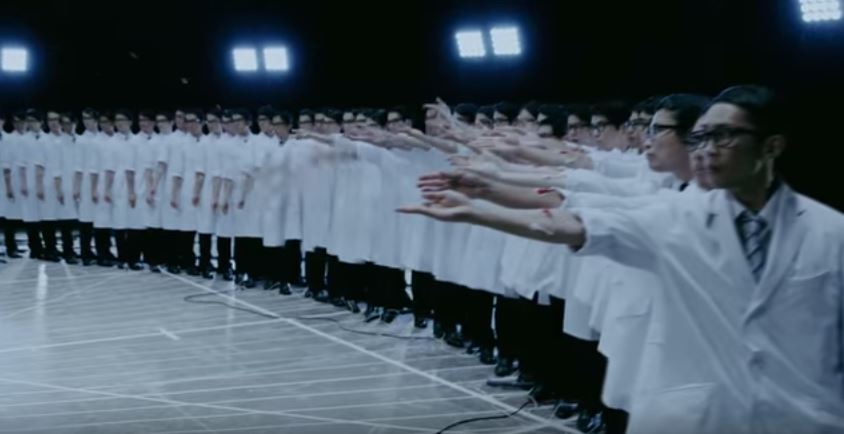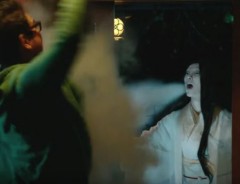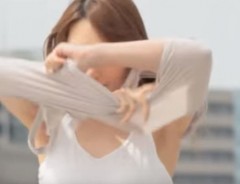
Source: YouTube
Check Your Power Of Concentration By Seeing If You Can Hear The Music In This Commercial. Were You Able To Make It Out?
- Tags:
- Commercial / Concentration / Experiment / Japanese Commercial / Shuchu Regain
Related Article
-

Hilarious Japanese Commercial Shows Off The Importance Of Ab-Exercises!
-

Clever Commercials Shows Japanese Office Worker Delivering Stinky Feet KO’s After Too Much Work
-

Japanese Instant Noodle Company Imagines Cabbages as Cats to Get People to Stop Throwing Away Their Veggies
-

Ads for Japanese pizza chain vaunt their natural, unpretentious pizza with barechested Italian
-

Japanese Commercial Strips Down For The Most Romantic Of Foods
-

Gorgeous One Piece Anime Short Commercial Imagines Alabasta Arc As High School Drama


In a series of interactive YouTube commercials, Suntory has been trying to test the concentration ability of viewers in order to promote their energy drink—“Shuchu Regain”. In Japanese, Shuchu means “concentration”, and the selling point of the drink is to hone your ability to focus on whatever difficult task you have at hand.
To demonstrate, the commercial pitches a pretty meticulously set-up experiment. Science beakers are filled with varying levels of liquid to elicit a different tone when a coin is tossed into them. So 43 men in coats line up, and toss their coins into the beakers in succession. Apparently, if your concentration skill is up to snuff (with the aid of Shuchu Regain), you can hear the piece of music featured in the commercial—from Mozart’s Minuet—replicated in the experiment. It is then replayed in slow motion to help spell it out for you.
Obviously, this is not the standard barometer for how well any given person can concentrate, and shouldn’t be taken too seriously. It is a fun little diversion, however, and if you can’t get your hands on Shuchu Regain, maybe you can listen to the actual song, which researchers at Harvard University and Kyoto University claim heightens concentration skills, regardless of age!